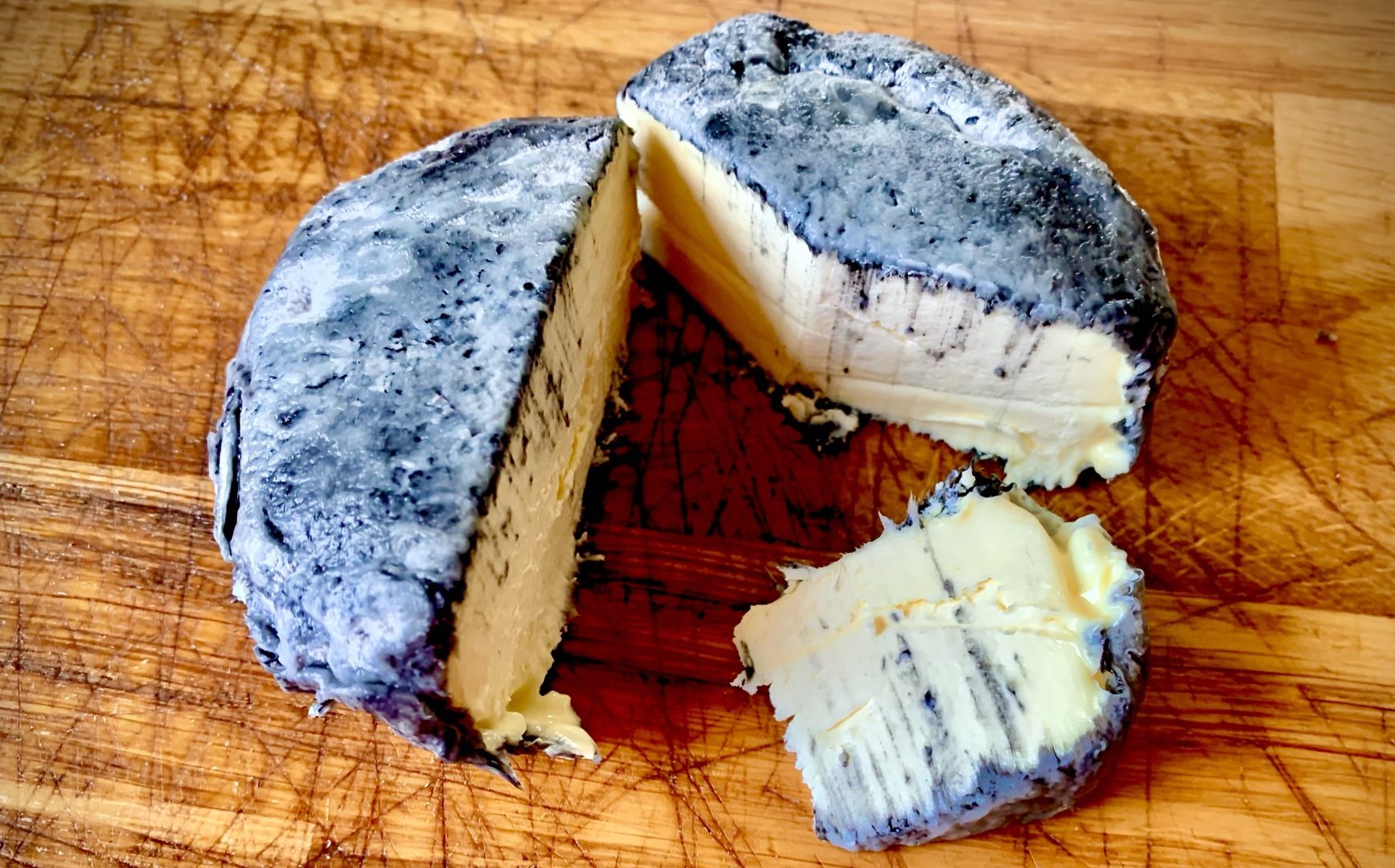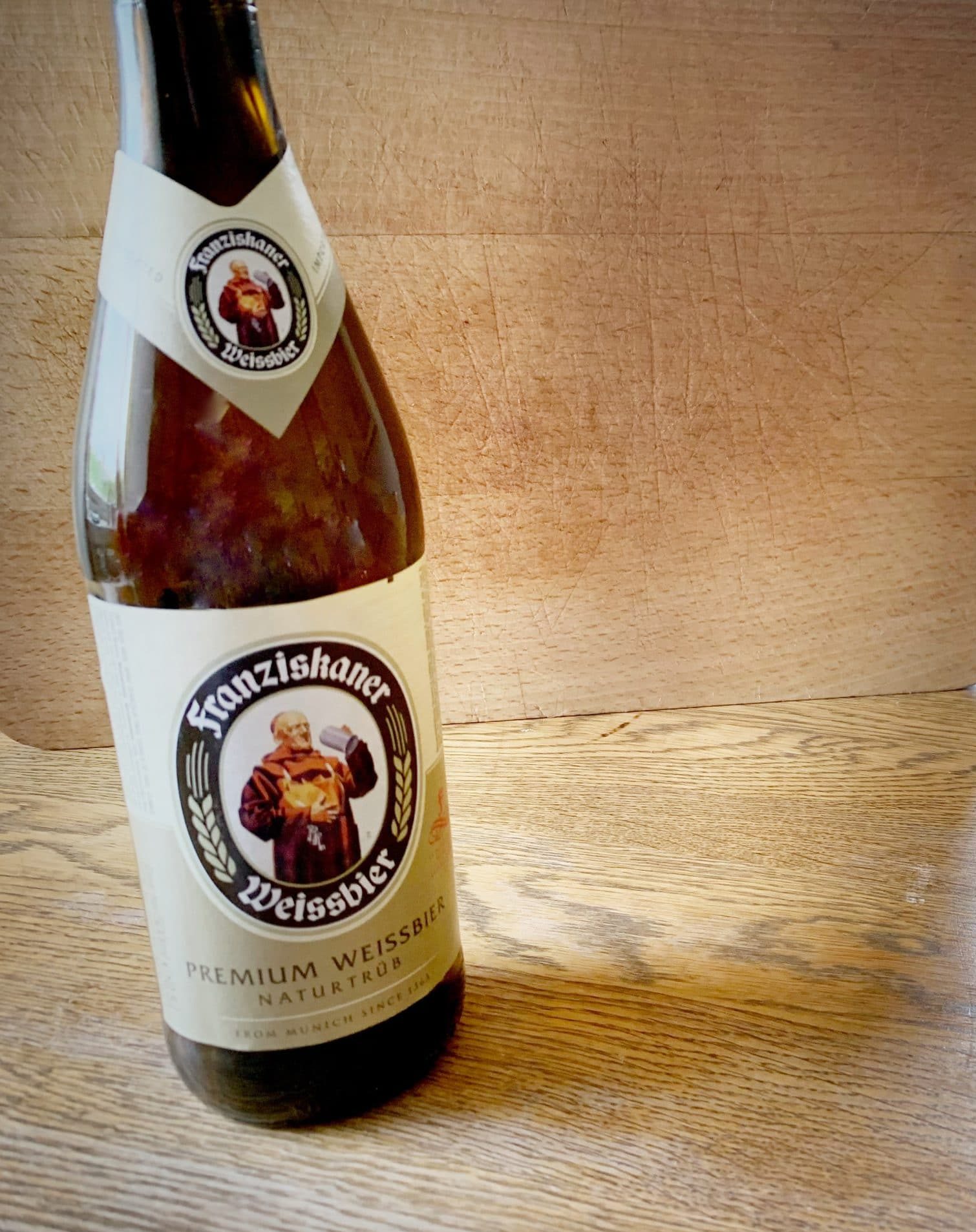Cheese of the month: Lypiatt

The COVID-19 pandemic has been incredibly tough on the British cheese industry. With the closure of restaurants, cafes and pubs during lockdown, many cheese producers saw nearly 80% of their business grind to a halt overnight. However, they still had storage rooms full of rapidly ripening cheeses, now with nowhere to go, and cows, sheep and goats that still needed milking.
There was an increased appetite for cheese from the British public, with a 48% rise in cheese consumption during the first lockdown in 2020. However, most of these sales went on mass-produced cheeses that you can buy from the supermarket, like cheddar.
Smaller independent cheesemakers were really struggling to sell their products and had to adapt their businesses overnight. They set up online cheeses shops and even resorted to driving round their local neighbourhoods trying to sell directly to customers, local delis or farmers markets.
Neal’s Yard Dairy, in partnership with Jamie Oliver, set up the Save British Cheese initiative. Their online sales of specially selected cheese helped to champion producers who were at serious risk of going out of business. The Courtyard Dairy in Settle, North Yorkshire, transformed their cafe and cheese museum into extra space to pack and ship even more online cheese orders, partnering with struggling cheese producers across the country to help sell their products. They also started running online cheese tasting sessions so they could champion some of these British cheeses in much need of support.
Although many restrictions have been lifted, the situation remains precarious for these cheese producers, farmers and suppliers, so it’s great that the British public have continued to rally round them at this much needed time. If you’re looking for ways to support British cheese producers, why not find out if there is a local cheese made in your region that you could try? Or if you have a local cheese shop nearby, pop in and ask them for recommendations. You can also visit some of the online cheese suppliers mentioned in this post, many offer subscription boxes with a great selection of different British cheeses.
Cheese production in a pandemic
It was also incredibly encouraging to see new cheeses being created during lockdown. A fantastic example of this is Lypiatt, a mould-ripened, soft cheese from artisan producer Julianna Sedli.
Sedli and her husband produce a range of award-winning cheeses at the Old Cheese Room on the Neston Park Estate in Corsham, Wiltshire, but Lypiatt is the one that was born out of the pandemic.
Sedli, originally from Hungary, learnt to make goat’s cheeses in Indiana, USA. She moved to the UK in 2006 where she studied at Neal’s Yard Dairy in Covent Garden. She continued her cheese journey in Somerset before setting up the Old Cheese Room in 2011.
The cheese is produced in a similar way to a Chevre-style soft cheese. It’s also been compared to the iconic ash-covered goat’s cheeses of the Loire Valley in France, however Lypiatt is produced with organic Jersey cow’s milk.
I discovered this cheese during the British Cheese Weekender 2021 and bought it as part of a selection which included other new cheeses creatures during the pandemic. Lypiatt also featured on BBC1’s Saturday Kitchen Live in a segment about great lockdown cheeses back in May 2021.
Key facts
| From | The Old Cheese Room, Wiltshire, England |
| Milk | Jersey cow’s milk |
| Age | Matured for at least 2 1/2 weeks |
| Strength and style of cheese | Soft, mould-ripened, charcoaled, organic |
| Vegetarian | Yes |
| Pasteurised | Yes |
| Tasting notes | Creamy, lemony, charcoal, buttery |
Drinks pairing
This is a really fantastic young and fresh-tasting cheese. Incredibly creamy, citrusy and flavoursome with a smooth, almost mousse-like texture. The charcoal gives it a pleasing bitter flavour and it makes a beautiful addition to the cheeseboard. It has all the hallmarks of a citrusy goat’s cheese, but with the added creaminess from the Jersey cow’s milk. It’s so good in fact that I’ve ordered it several times since the first cheese tasting.
Fresh chèvre-style cheeses and goat’s cheeses match well with lighter beers, like pale lagers or wheat beers. I paired the Lypiatt with Franziskaner Weissbier German Craft Wheat Beer.
This was a wonderful match and a really good combination to start with if you’re new to pairing beer with cheese. The beer made the Lypiatt taste even more creamy and the cheese helped to amplify the citrus notes in the beer, bringing out a lemony flavour. The bitterness from the beer and from the charcoal in the cheese complemented each other beautifully.
If you’re looking for a wine alternative, the bright fruity flavours of a Sauvignon Blanc would marry perfectly with the acidity and creamy notes of the cheese. My favourite wines in this category hail from Marlborough in New Zealand and there’s lots of different varieties of this style of wine to choose from in your local supermarket.

